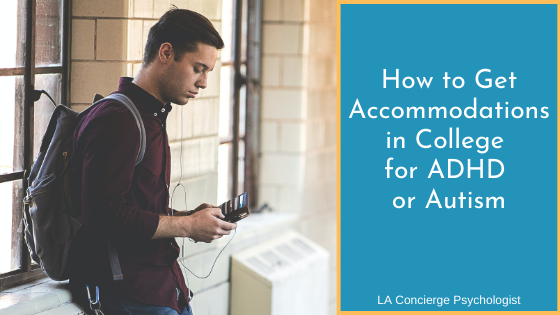For college-bound kids who take medication, medication management is of paramount importance. All too often I’ve seen college students struggle because they inconsistently take their medications or run out of their meds. Instead of hoping that your college-bound child will know how to manage their medication when they land on campus, intentionally start helping them learn how to while still in high school. If your teen builds good habits in high school, they’re much more likely to continue them while off at college.
The key to successfully teaching your teen about medication management is breaking down the process into tiny bite-size pieces, and then slowly having them take over each piece of the process. When I ran a residential, I used the below approach to get emerging adults independent with their medication management. You may find that you need to add or subtract some steps but the general principles remain the same. This is a tried and true process that takes a lot of effort (on everyone’s part) but has always resulted in success.
Steps to Medication Management
Go through the differing levels of support (from most to least), on step at a time. As your teen masters each step to medication management, have them continue doing the mastered step independently and work on mastery for the next step. Continue this process until your teen is able to do all steps independently. The goal is to have your college-bound kid independent with all steps for a solid three months before starting college.
- Learn the names of the medication (brand name and generic name)
- Understand the common side effects of the medication
- Acknowledge any negative interactions the medication may have with other things (e.g., other medications, supplements, alcohol)
- Learn the dosage of their medication
- Understand if medication needs to be taken with or without certain foods or liquids
- Learn the days/times to take their medication
- Fill a weekly pill box
- Take medication as prescribed
- Keep track of number of remaining pills and using that information to determine when a refill is needed
- Call the pharmacy to order refills
- Pick up refills in a timely manner
- Keep track of when prescriptions need to be renewed
- Call the psychiatrist to renew prescriptions
- Schedule psychiatrist appointments
- Remember psychiatrist appointments
- Attend psychiatrist appointments
Level of Support
Start with the highest level of support and slowly fade back as your child demonstrates the ability to complete the task at hand. If you notice your teen is making mistakes at the lower level of support, you may have decreased the support too soon. Increase the level of support until your teen isn’t making mistakes for two to three weeks in a row before trying to decrease supports again.
- Parental modeling along with verbal description or written directions of what you’re doing
- Verbal description or written directions only, with parental oversight for reminders and corrections
- Verbal description or written directions only, no parental oversight
- Written directions only
Some teens will be able to get to full independence, where they won’t need written directions to help them with the medication management process. Though this is great, this isn’t necessarily the goal. If your teen can do it without making any mistakes with written directions, then your teen is ready for college. Just be sure that a copy of the directions is somewhere they can reference at all times (e.g., on their phone, in their email, on the cloud). That way, if the hard copy gets lost, they’ll have a back-up and are still able to manage their medications without your help.
Click here for more information on College Transition and Gap Year Consultation.
Worried that your college-bound teen needs to learn more skills before landing on campus? Send us a message or book a free 20 minute consultation call with Dr. Barajas or Dr. Goldman.



